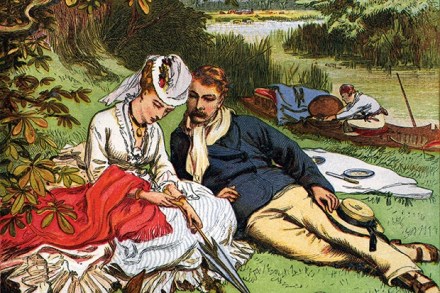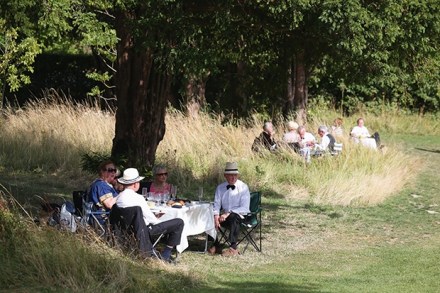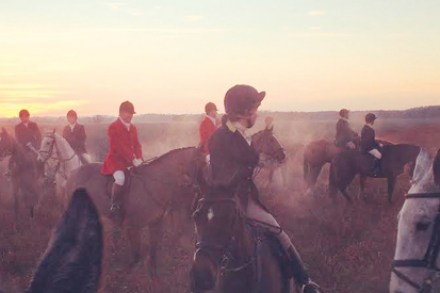Out on the farm
If the Church of England was once the Tory party at prayer, then the nation’s shotgun-owning farmers were the party’s armed wing. I grew up on a farm in the Yorkshire Dales and must have been about 18 before I met someone who didn’t identify as TBC (True Blue Conservative). Ours was one of the safest Tory seats in the country, with the local MP being Leon Brittan and then William Hague. And Margaret Thatcher was considered a hero in our ‘community’ not because of the Falklands war or her defeat of Arthur Scargill but because she liked to greet the dawn by listening to Farming Today on Radio 4



















